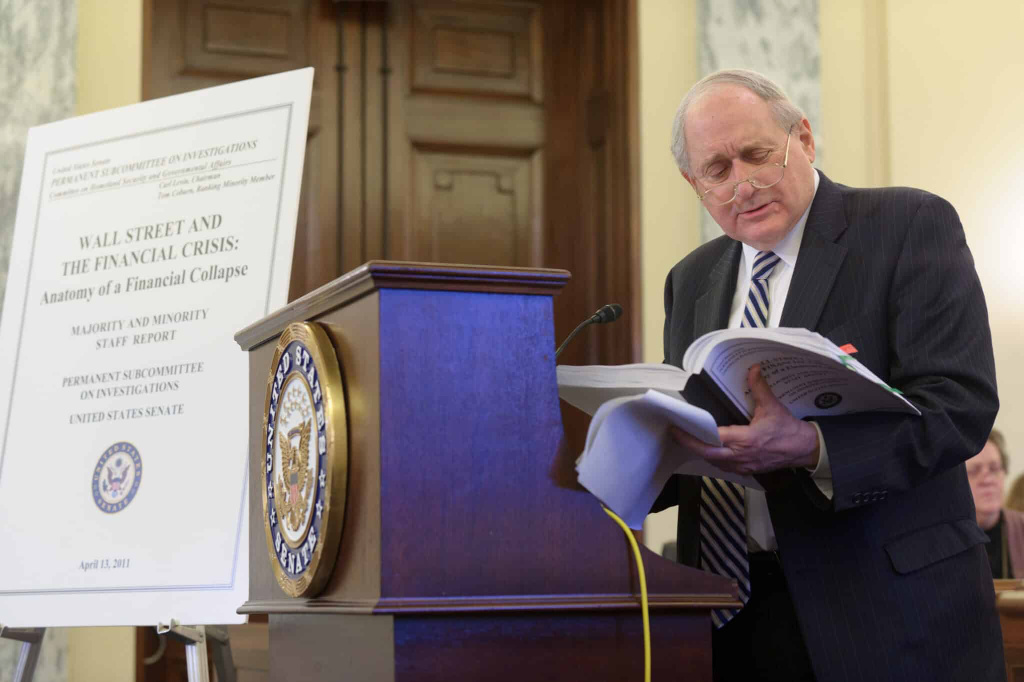
A decade after Senator Carl Levin’s 36 years in congress came to an end, his legacy of congressional oversight continues to have a lasting impact through Wayne State University.
After Levin retired from the senate in 2014, he came to the Wayne State Law School as a faculty member and established the Levin Center for Oversight and Democracy. This year, the center is celebrating its 10th anniversary; an event on March 5 will commemorate the center’s official charter signing in 2015.
Legislative oversight: strengthening democracy
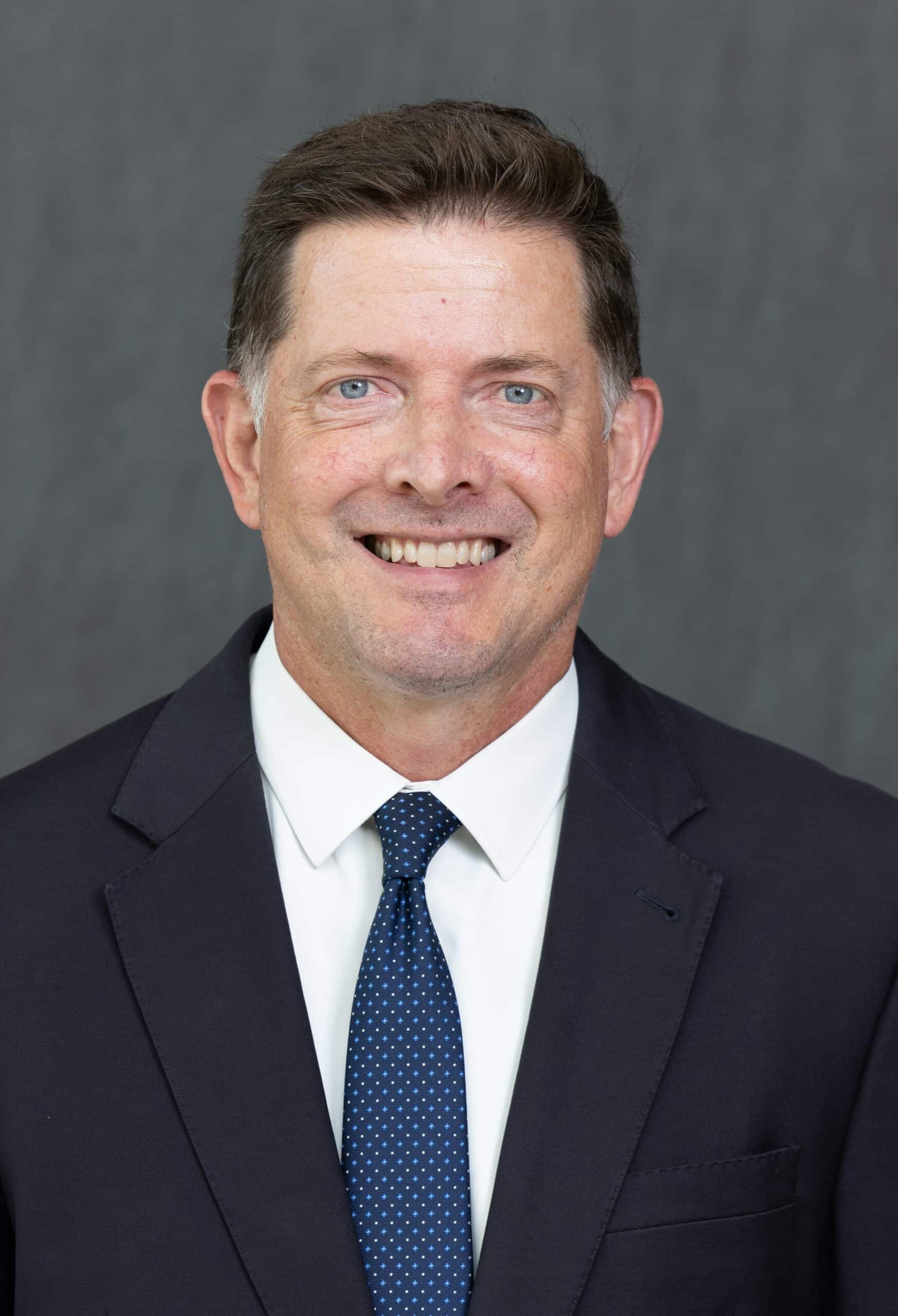
During his long career as a U.S. Senator, Levin developed a keen interest in making government accountable and responsible to the people. This commitment stemmed from his experience in local Detroit politics, where he witnessed corruption and incompetence at the Department of Housing and Urban Development. The failure of the federal government to follow through on the implementation of new laws had devastating consequences for Detroiters, and Levin grew deeply involved in legislative oversight.
A power implied by the Constitution’s system of checks and balances, legislative oversight is the duty of Congress and the 50 state legislatures to conduct investigations. These inquiries, which can be conducted by individual lawmakers or committees, examine issues and abuses. Using facts, lawmakers can establish new or improve existing government programs to create positive change.
“Good government is impossible without good oversight,” said Jim Townsend, director of the Levin Center. “In a time of deep divisions and rising skepticism about our government, fact-based congressional oversight is more important than ever. Government in a democracy must be a conversation based on fact-finding in good faith.”
Aligning directly with Wayne State’s inaugural Year of Focus theme, “Dialogue and Discourse in Divisive Times,” the Levin Center has been dedicated to promoting civic discourse and dialogue among all levels of government.
“At the Levin Center we work to equip lawmakers in Washington, D.C. and across America with the tools and know-how to bring facts to light for the benefit of all,” said Townsend.
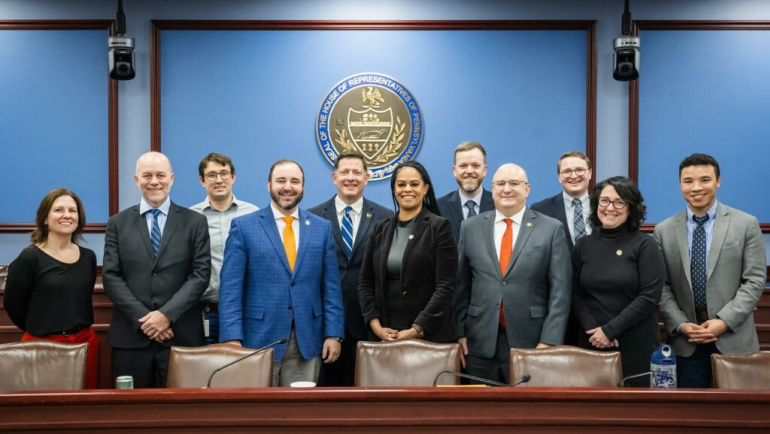
The center also plays a critical role in educating the public about issues related to the legislative branch, such as the misrepresentation of congressional power in our current administration. While oversight is a critical part of American democracy, it often remains misunderstood, even by legislators at all levels of government.
To “get to the heart of the matter” in the words of Senator Levin, and serve our democracy, the Levin Center works in four main ways:
-
Oversight training for congressional and state lawmakers: The center provides intensive oversight training to both state and federal legislatures. Launched in 2023, the State Oversight Academy (SOA) offers critical training to state legislators, and the center hosts the only comprehensive oversight information, by state, on its SOA wiki.
-
Civic education: the center’s innovative Learning by Hearings curriculum draws on noteworthy congressional investigations throughout history to teach high school students the fundamental principles of accountable governance.
-
Resources for researchers: Serving students, scholars and researchers, the Levin Center’s Congressional Oversight Records Database (CORD) is the first comprehensive, one-stop collection of public congressional oversight reports and materials in the United States.
-
Oversight scholarship and debate: Recognizing and supporting excellence in oversight, the center funds scholars’ work, hosts panels and symposia, and contributes to scholarly discourse on oversight and good governance. Additionally, the center’s staff and affiliates routinely speak at conferences, testify before Congress, and publish work on the importance of oversight.
Celebrating 10 years of impact
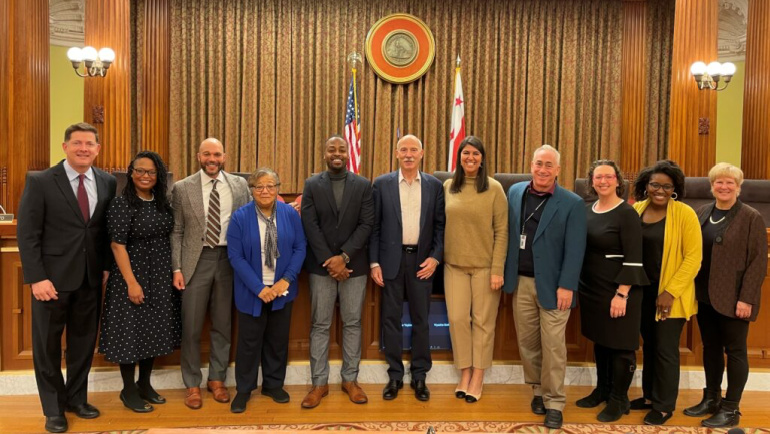
Over the last 10 years, the Levin Center has been the hub for oversight training, resources, education and expertise. Since 2017, the center’s congressional oversight bootcamps have trained more than 500 staffers in Washington, D.C. Since launching the State Oversight Academy in 2023, the center has engaged with 48 states and directly trained and counseled state legislators and their staff in 13 states.
Its services, which have greatly expanded over the last decade, are a testament to the continued mission and reach of the Levin Center. CORD now hosts more than 1,500 oversight reports and records and adds more each month. The team is also expanding its Learning by Hearings curriculum, which was launched in September 2024, and will continue to grow over the coming years.
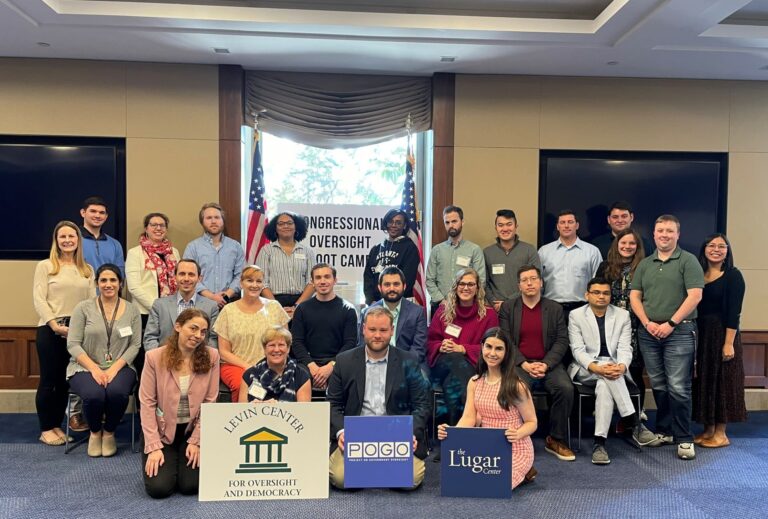
Additionally, since 2021 the center has honored nine scholars with the Levin Center Fellowship, which funds research and scholarship on congressional oversight. The Levin Center Research Award also includes a cash prize to the author of the best scholarly paper on oversight. Winners of both the fellowship and research awards are chosen by a panel of law and political science scholars from Wayne State and elsewhere.
"For 10 years the Levin Center has provided critical training, resources and education that support and sustain effective democracy,” said Laurie M. Lauzon Clabo, Ph.D., provost and executive vice president for academic affairs. “Housed in WSU’s Law School, the Levin Center lives out the Wayne State mission of advancing knowledge to positively impact our communities.”
Join the Levin Center on March 5
As part of its anniversary celebrations, the Levin Center will host an open house and buffet lunch on Wednesday, March 5, to celebrate the signing of the Levin Center’s charter in March of 2015. Clabo will give remarks. Other speakers will include John Mogk, Distinguished Service Professor at Wayne Law and chair of the Levin Center’s faculty advisory committee, and Levin Center Director Jim Townsend. RSVP for the event.
